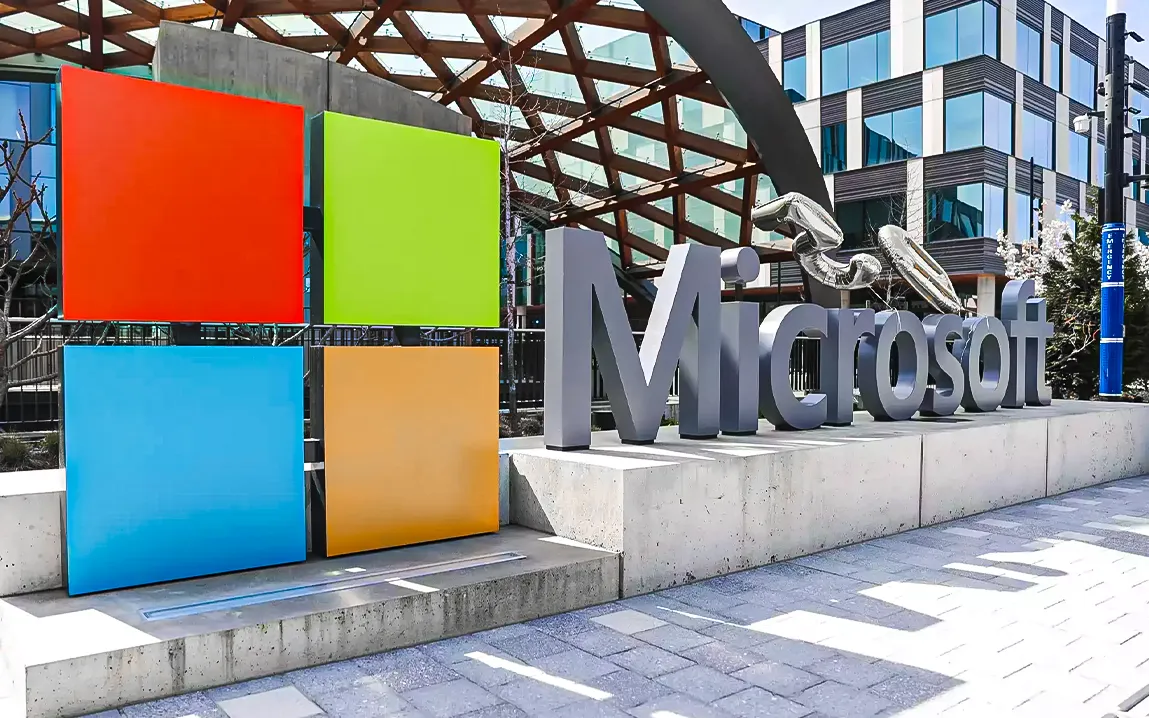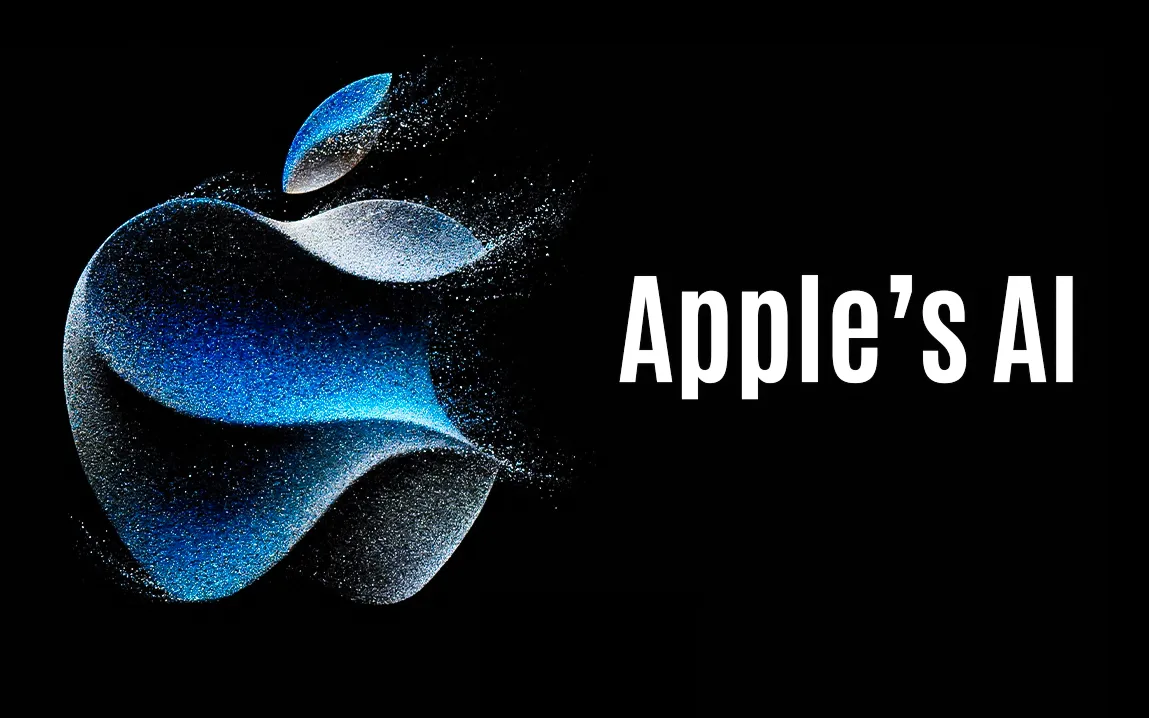Microsoft has fired employees who protested its AI work with the Israeli military, sparking concerns about ethics, tech in warfare, and freedom of expression at work.
A Peaceful Protest Turns Into Pink Slips
What started as a quiet protest turned into something much louder. A group of Microsoft engineers, deeply worried about how their work might be used, staged a peaceful sit-in at the company’s New York office. They held signs, shared concerns, and read statements aloud—all centered around Microsoft’s $1.2 billion cloud and AI contract with Israel’s Ministry of Defense.
They didn’t shout. They didn’t block doors. But now, they’re unemployed.
Why Were They Protesting?
The employees were especially concerned about the use of Microsoft’s technology in the ongoing conflict in Gaza. With rising civilian casualties, they feared their work was helping to fuel violence, not progress. Their message was clear: “We don’t want our code used for harm.”
The protest focused on a contract that allows the Israeli military access to Microsoft’s Azure cloud services and advanced AI tools—technologies that could be used for surveillance or military operations.
Microsoft’s Response: Silence and Terminations
Soon after the protest, several participating employees were let go. Microsoft has yet to give a clear explanation. In a brief statement, the company said it encourages “respectful dialogue” but avoided confirming whether the protest led to the firings.
Some employees say they were escorted out of the building by security. Others have been warned not to talk about the incident at all.
This Isn’t the First Time
This isn’t new territory for Big Tech. Back in 2018, Google faced similar backlash from its employees over a military AI project. Microsoft employees have also previously protested other defense contracts—like those with ICE (U.S. Immigration and Customs Enforcement).
But this time feels different. The situation in Gaza has gripped headlines and human hearts alike. And the fired employees say their protest wasn’t political—it was personal and ethical.
The Bigger Question: Who Owns the Future of Tech?
As artificial intelligence becomes more powerful, questions grow louder: Who controls it? How should it be used? What if your work, done with good intentions, ends up causing harm?
The dismissed engineers say they spoke up not to damage the company, but to protect what it stands for.
“We wanted to make sure our technology helps people, not hurts them,” said one former employee. “Now we’ve been punished for caring.”
A Warning to Others—or a Call to Action?
The firings have left Microsoft workers—and tech employees elsewhere—feeling nervous. Is speaking up no longer safe?
Yet even in silence, the questions remain. Should companies be more transparent about how their technology is used? Should workers have more say in where their code goes?
For now, one thing is certain: The intersection of technology, war, and ethics is no longer hypothetical. And those brave enough to ask questions are facing real-world consequences.



